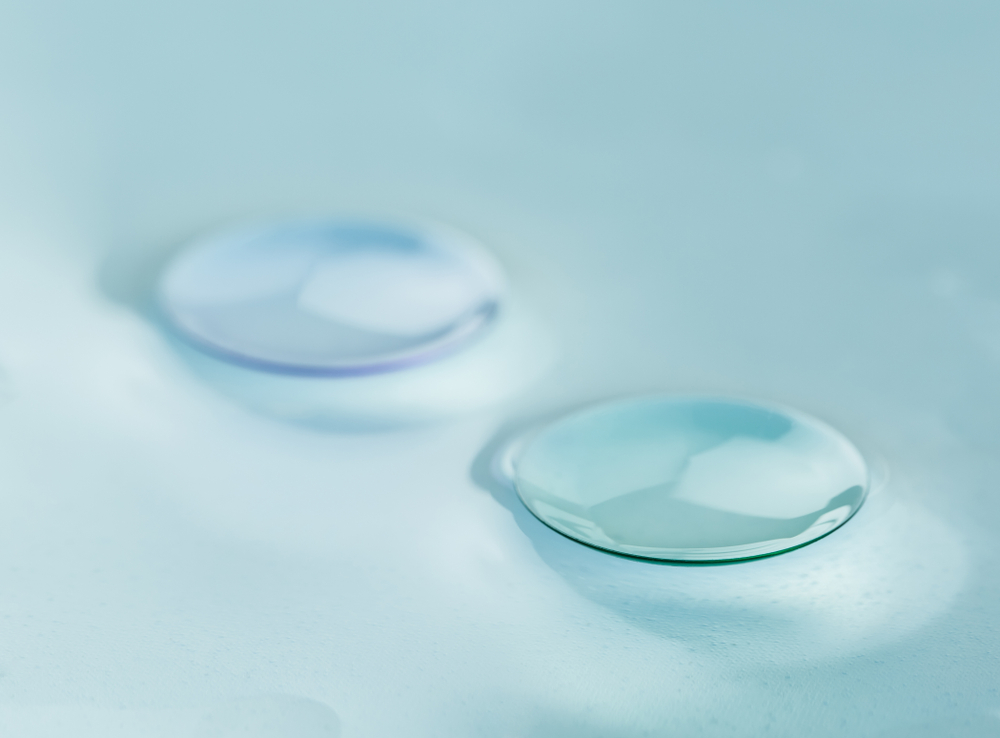Magic City Eyecare Blog
Learn more about optometrist care in our blog!

If you’re living with dry eye syndrome, you already know how frustrating it can be to find the right vision correction option. Many people who struggle with dryness wonder whether rigid gas permeable (RGP) lenses are a good solution.

If you’ve noticed your child squinting to see the whiteboard at school or moving closer to the TV at home, they may be experiencing myopia, also known as nearsightedness. This common vision condition is becoming increasingly prevalent among children and adolescents, but the good news is there are proven ways to manage myopia and slow its progression. At Magic City Eyecare, we are committed to supporting families in Estavia Hills, Alabama, and beyond with effective solutions for lifelong eye health.

At Magic City Eyecare, we believe that choosing the right eyewear should be an enjoyable, personalized experience. Our optical boutique is more than just a place to pick up glasses—it's a space where quality, style, and service come together to give each patient a tailored experience. Our boutique offers exclusive designer frames, premium lenses, and a commitment to helping you see—and look—your best.

Dry eye syndrome sounds simple. But it is a complex problem that can drive you crazy. It does not just interrupt your day — it completely takes over. This is not just discomfort. This is your body sending an urgent message.

Dry eye syndrome occurs when your eyes do not produce enough tears or the tears they produce are of poor quality. This can cause discomfort, blurred vision, and even inflammation. Symptoms like a persistent gritty or itchy feeling are common, but many treatment options are available.

Regular eye exams are crucial for maintaining optimal eye health and detecting potential vision problems or underlying medical conditions. A comprehensive eye exam is a thorough assessment of your visual system, encompassing a series of tests and evaluations performed by an eye care professional, such as an optometrist or ophthalmologist.

The eyes are sensory organs that react to light, which allows people to see. The complex organs have structures and tissues that work together to create vision. Various eye disorders can lead to eyesight complications. Some conditions are minor and go away on their own, but others are more severe and require treatment. Failing to treat eye diseases can lead to permanent vision loss.

The eye has many parts that must work perfectly for it to function smoothly. Apart from their close association with emotions, tears play the crucial role of constantly wetting the eyes.

In this article, we will explore the different types of contact lenses, their care requirements, proper hygiene, tips for putting in and removing lenses, understanding contact lens solutions, and how long can contacts stay in solution. We will also discuss how to clean monthly contact lenses, long-term care tips, and common mistakes to avoid.

Myopia, also known as nearsightedness, is a common eye condition where distant objects appear blurry while close objects appear clear. This condition occurs when the eyeball is too long or the cornea (the clear front cover of the eye) is too curved, causing light rays to focus in front of the retina instead of directly on it. In recent years, there has been a significant increase in the prevalence of myopia among children, making it a growing concern for parents and eye care professionals alike.











